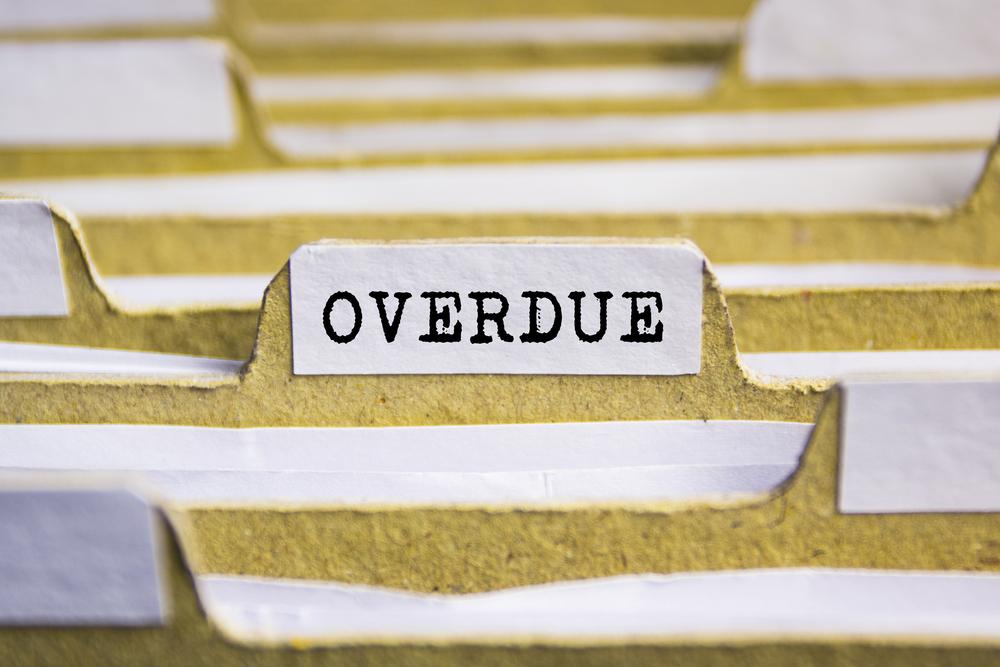
You put the effort into understanding what your client wants; you delivered on the promises of your contract, and now it is time to get what you are owed. There’s just one problem: Your client hasn’t responded to your invoice, so you haven’t gotten paid. Now what?
There are several reasons your invoices might be going unpaid, and identifying what is happening with your current clients will help you resolve the issue going forward. Here are some errors you might have made with your invoice that has resulted in a lack of payment, and what you can do better with your clients in the future:
Your Clients Never Received the Invoice
You can create as many invoices as you want, but if your clients are not receiving your invoices, you are never going to get paid. This issue could be as simple as a mistyped email address or a mail carrier error. You might ask your contact about whether they have received your invoice, and if they say no, you should verify their contact information before you resend.
Then again, it is possible that your invoice is getting lost amidst other communications. If you send your invoices electronically, you should make a separate email for your invoice with a clear subject line, so your client knows that it is a request for payment that demands immediate attention. You can also include a request for confirmation of invoice receipt if you continue to struggle with this issue.
Your Invoices Are Going to the Wrong Person
When your client is a business, the person you are working with is typically not the person responsible for paying you. It is possible that your contact within the organization does not know what to do with an invoice and will ignore or delete your request for payment. Similarly, if you address your invoice to your contact or to the business in general, it might never reach the right desk or department for getting fulfilled.
At the beginning of any professional relationship, you should ask your contact for the contact information of the person who will ultimately disburse your payment. Then, you can address and send your invoices directly to that crucial person’s inbox, avoiding the labyrinthine bureaucracy of modern companies.
Your Invoices Lack Critical Information
Many businesses that take advantage of an external workforce utilize invoice management tools that automatically sort and pay invoices based on the information they find in the text. Therefore, if your invoice is missing certain information, it might get sifted into the wrong pile, delaying payment. Some examples of critical data that must be on every invoice include:
Description of services. The person paying your invoice needs to be able to verify that you provided services to the company. Your clients do not want to be surprised by charges, so attaching descriptions to different costs can help them understand and accept how you got to the final total.
Due date for payment. Your invoice should feature two critical dates: the date of invoice creation and the due date for payment. Typically, these dates are 30 days apart, but if your contract stipulates a different payment period, you should rely on that. If you failed to include a due date, your client might not know when you expect payment, or they might be taking their sweet time to deliver your pay.
Payment information. Maybe your client just does not know how to get money into your hands. Your invoice should always include payment information, like your mailing address, your banking information or a PayPal account.
Your Client Doesn’t Want to Pay

Your client might simply forget to pay your invoice — but if they keep forgetting despite multiple reminders from you, you might resign yourself to the fact that they are deliberately avoiding payment. Some clients might hire you knowing full well that they are going to ghost you when payment comes due, while other clients might not understand the cost of your services and get sticker shock upon receiving your invoice. Regardless, when you are reasonably sure that a client is not paying on purpose, you should try to understand why. Some reasons might include:
Clients are short on cash. You might offer your clients who are short on cash the opportunity to participate in a payment program, where you get smaller bill payments over time instead of the lump sum all at once.
Clients are dissatisfied with your work. Unhappy clients are bad for business. You should reach out to offer more assistance completing the project to their satisfaction. If it is a quick fix, you should consider not adding any additional cost and taking your original fee.
Clients are being jerks. Some clients know they can get away with taking advantage of the less powerful external workforce. If the money isn’t substantial, you might call it a loss and move on; otherwise, you can sue your clients for what you are owed.
Your work matters, and your pay matters, too. With a few tweaks to how you handle your invoices, you can ensure that you will always walk away from a project with money in hand.




